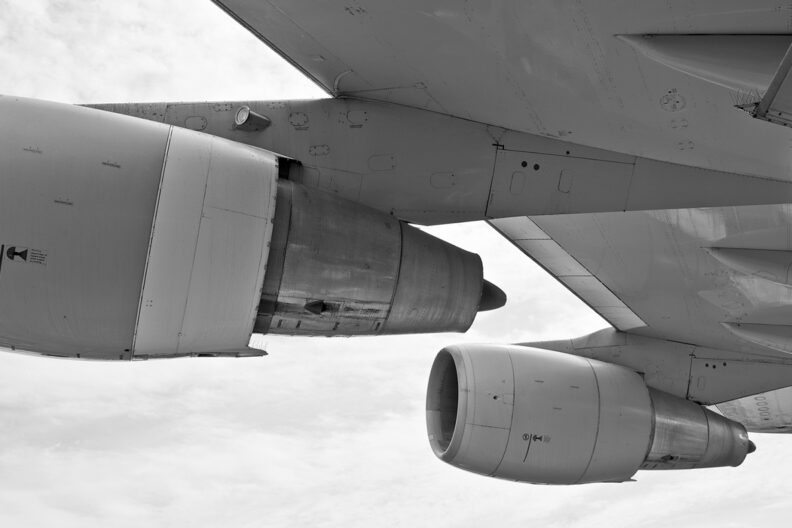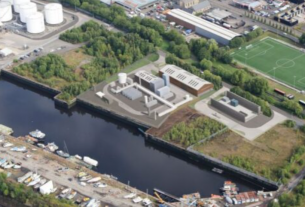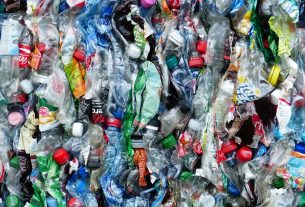United States – Washington State University researchers have developed an innovative way to convert plastics to ingredients for jet fuel.
The researchers in their reaction were able to convert 90% of plastic to jet fuel and other valuable hydrocarbon products within an hour at moderate temperatures and to easily fine-tune the process to create the products that they want. The project is led by graduate student Chuhua Jia and Hongfei Lin, associate professor in the Gene and Linda Voiland School of Chemical Engineering and Bioengineering.
Recycling plastic
The accumulation of discarded plastics has generated an environmental problem in recent decades, fouling oceans and otherwise pristine landscapes all over the world. Microplastics have been discovered to enter the food chain as they disintegrate, posing a possible, if unknown, harm to human health.
Plastic recycling, on the other hand, has proven difficult. The most prevalent mechanical recycling methods melt and re-mold the plastic, however this reduces its economic value and quality for use in other goods. Chemical recycling can result in higher-quality products, but it requires high reaction temperatures and a long processing time, making it prohibitively expensive and inconvenient for businesses to implement. Only around 9% of plastic in the United States is recycled each year due to its limitations.
Converting #1 plastic into jet fuel
In their work, the WSU researchers developed a catalytic process to efficiently convert polyethylene to jet fuel and high-value lubricants. Polyethylene, also known as #1 plastic, is the most commonly used plastic, used in a huge variety of products from plastics bags, plastic milk jugs and shampoo bottles to corrosion-resistant piping, wood-plastic composite lumber and plastic furniture.
For the process, the researchers used a ruthenium on carbon catalyst and a commonly used solvent. They were able to convert about 90% of the plastic to jet fuel components or other hydrocarbon products within an hour at a temperature of 220 degrees Celsius (428 degrees Fahrenheit), which is more efficient and lower than temperatures that would be typically used.
Future commercialization
The researchers are attempting to scale up the method for future commercialization with the help of the Washington Research Foundation. They also believe that their method might be applied to different types of plastics. Professor Jim Pfaendtner of the University of Washington and the Pacific Northwest National Laboratory, among others, collaborated on the project. The Washington State Research Foundation and the National Science Foundation helped fund it.




